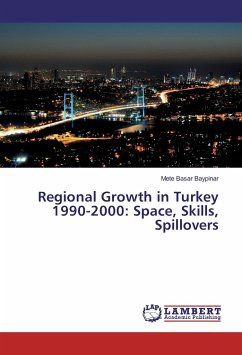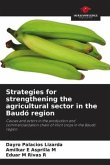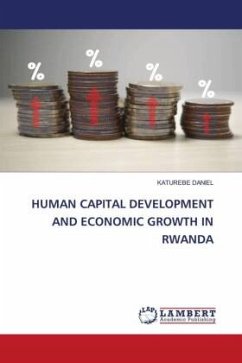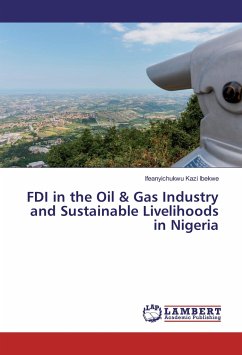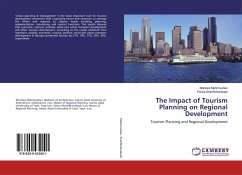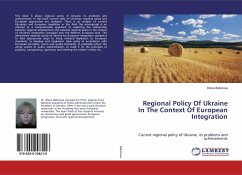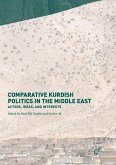The post 1980 neo-liberal political agenda has offered a more integrated and equal global economic system. A transnational system, formed by a set of global cities and their immediate neighbor regions integrating developed and developing countries emerged during the last 40 years. Yet, regional inequalities persisted. This book focuses on an emerging country, Turkey during 1990-2000. The study finds evidence that different factors played different roles in employment growth and productivity growth, different spatial effects were important in different sectors and in general, initial regional advantages and spatial spillover effects have also been important in regional growth. The role of the state on regional productivity inequalities can not be under estimated. The usual regional dichotomy in emerging countries is also evident in Turkey. Underdevelopment of services and manufacturing industries in less advantageous regions are important reasons for long-lasting regional inequalities in Turkey. I hope that this study provides a useful perspective for policy makers and regional planners in emerging countries and help them avoid ubiquitous regional strategies.
Bitte wählen Sie Ihr Anliegen aus.
Rechnungen
Retourenschein anfordern
Bestellstatus
Storno

